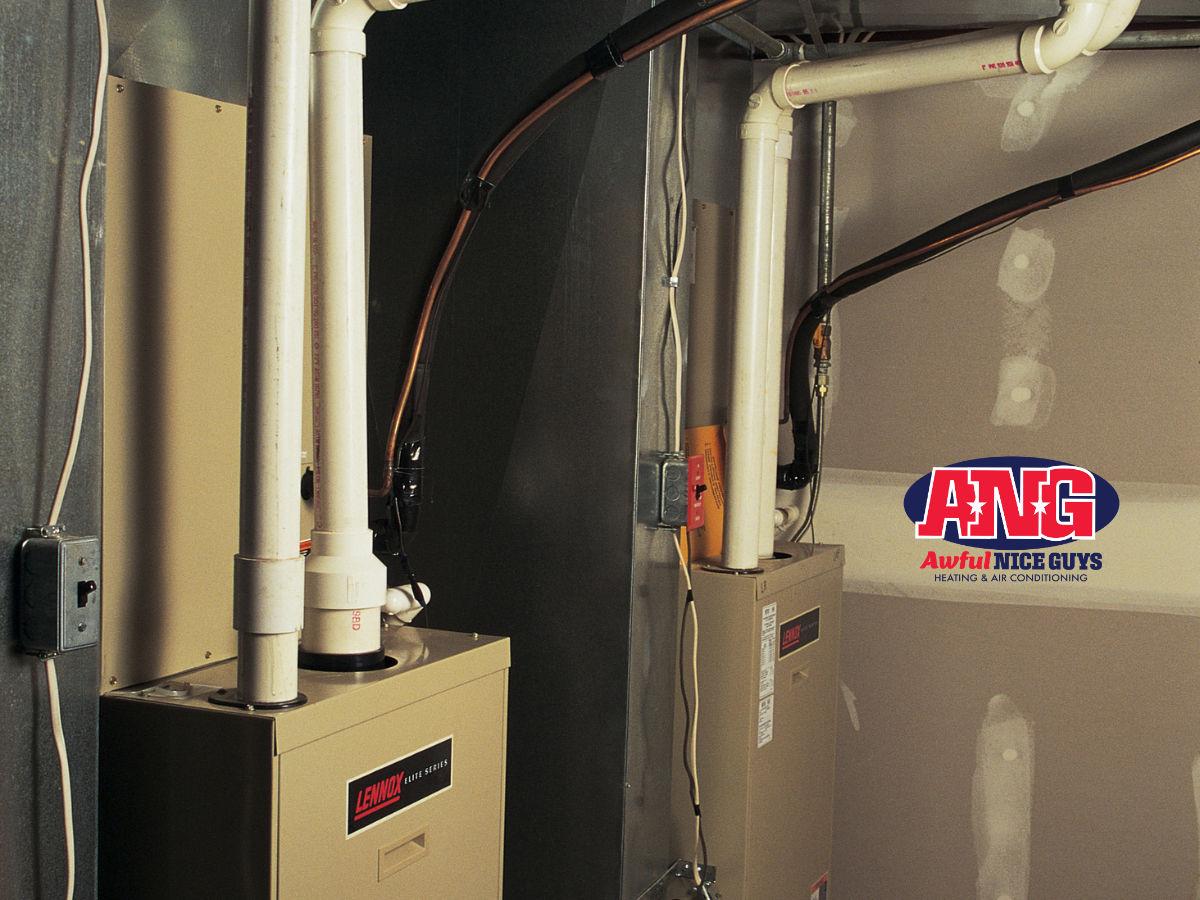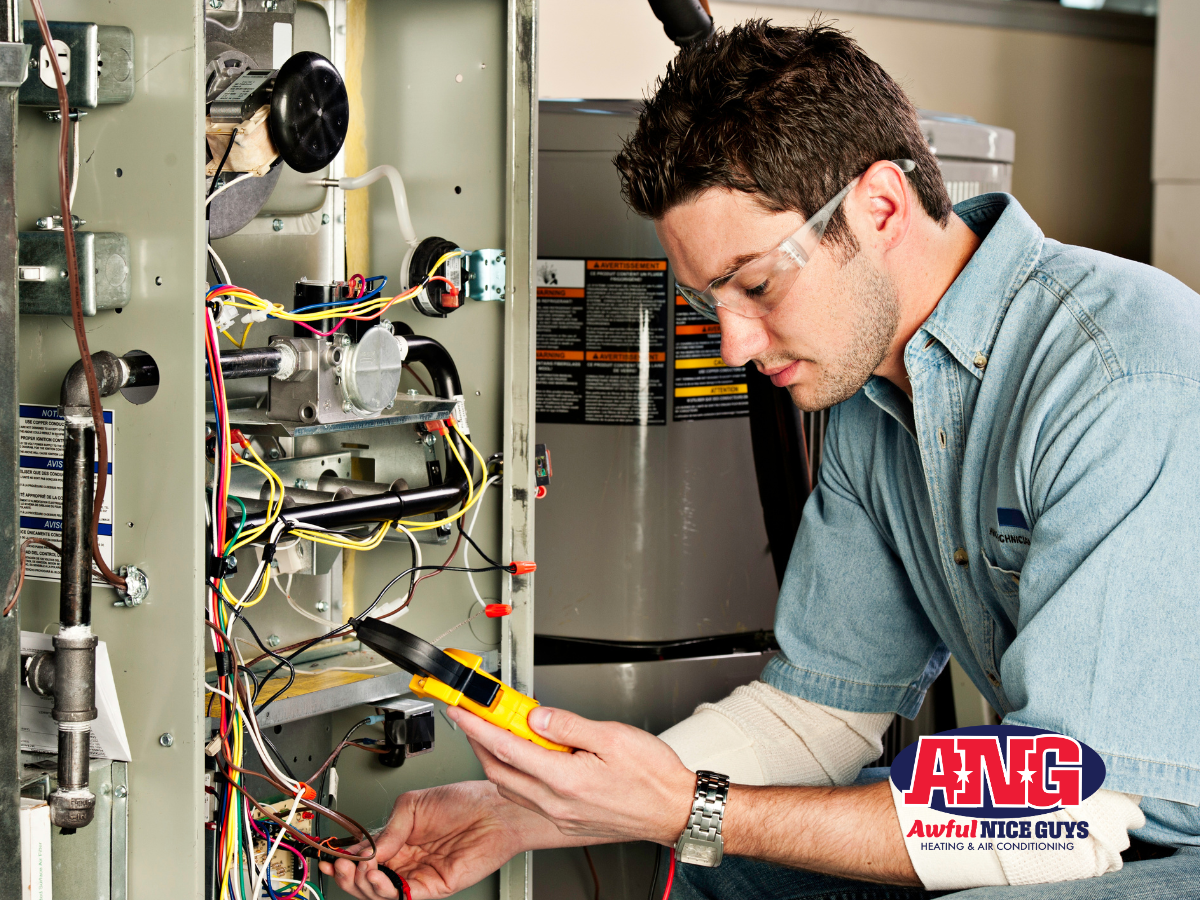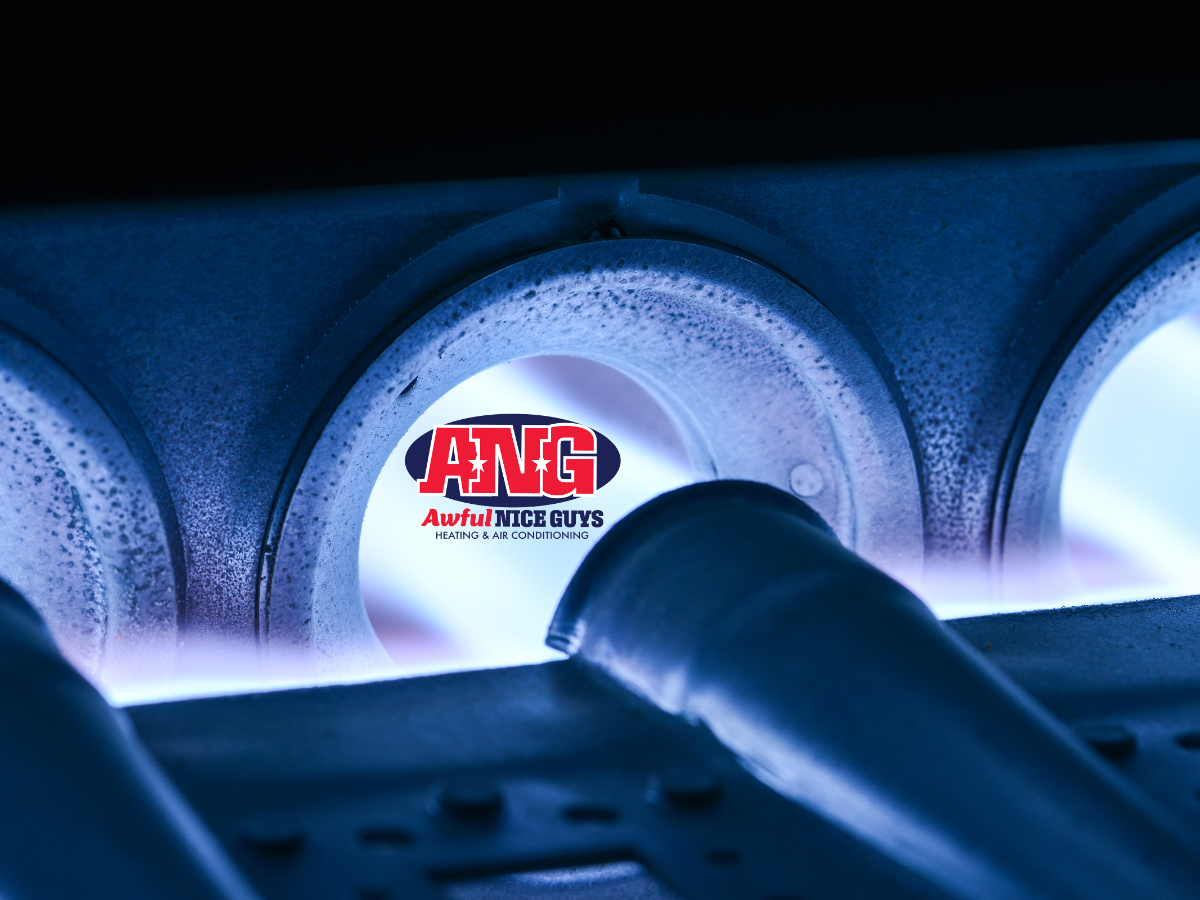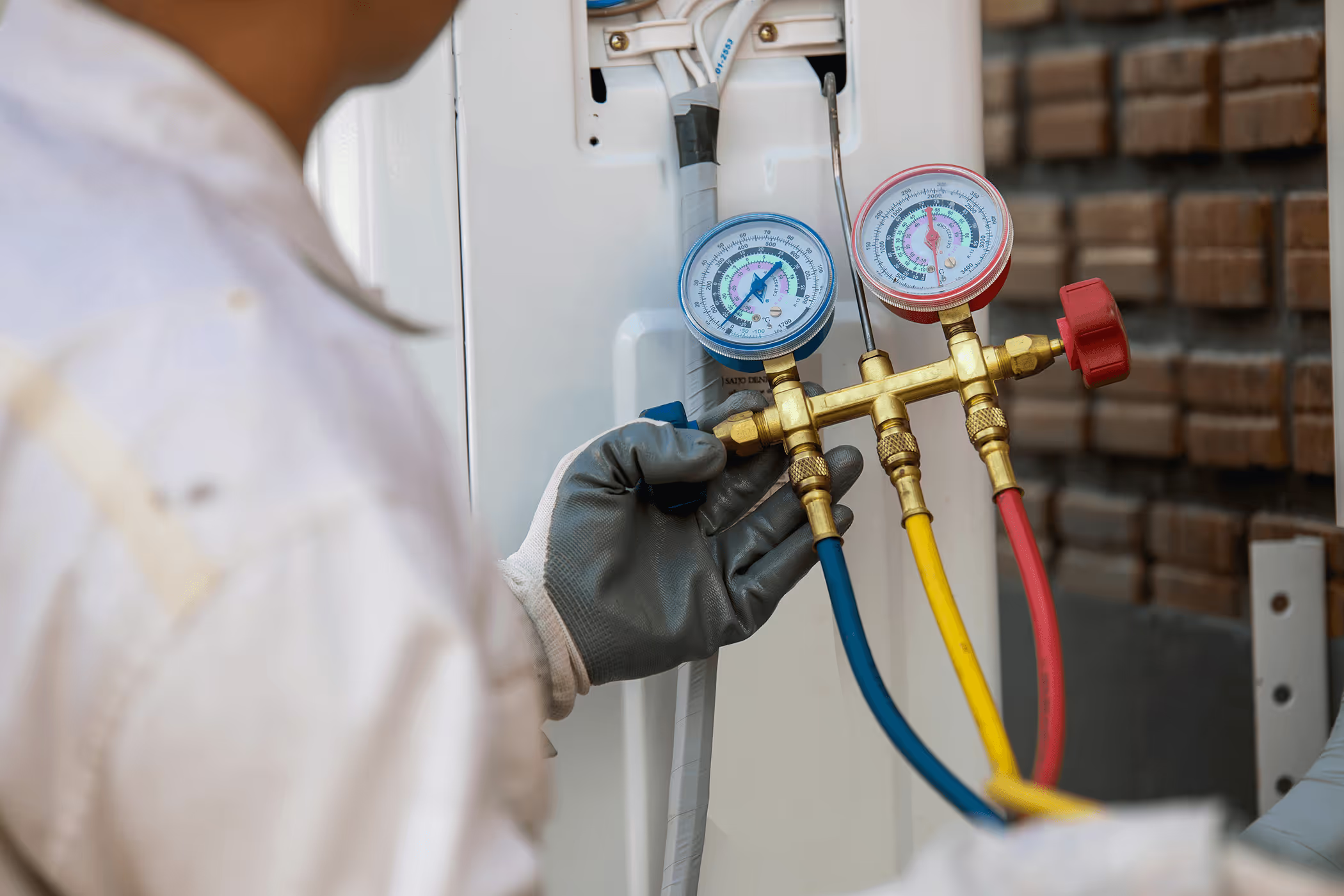Introduction 🐶🐱🌬️
Air conditioning plays a crucial role in keeping pets comfortable, especially during hot weather. However, while AC can help regulate temperature, it also comes with potential drawbacks that pet owners should be aware of. Understanding how air conditioning affects pets ensures their well-being and helps maintain a healthy indoor environment.
How Air Conditioning Benefits Pets
- Prevents Heat-Related Illnesses 🌡️
Pets, especially those with thick fur, can struggle in high temperatures. AC helps prevent heatstroke, dehydration, and excessive panting, keeping pets cool and comfortable.
- Improves Air Quality 🌿
Air conditioning filters out dust, allergens, and pollutants, creating a cleaner environment for pets prone to respiratory issues. However, dirty filters can circulate pet dander, so regular maintenance is essential.
- Reduces Humidity Levels 💧
High humidity can lead to skin irritation and respiratory discomfort in pets. AC helps maintain balanced humidity levels, preventing mold growth and excessive moisture.
Potential Downsides of Air Conditioning for Pets
- Dry Skin and Respiratory Issues 🐾
AC can dry out the air, leading to itchy skin and respiratory discomfort in pets, especially those with sensitive skin. Using a humidifier or ensuring proper ventilation can help counteract this effect.
- Temperature Sensitivity ❄️
Pets accustomed to air-conditioned environments may struggle to adapt to outdoor heat, making them more vulnerable to heat-related illnesses when exposed to sudden temperature changes.
- Impact on AC Efficiency ⚙️
Pet hair and dander can clog air filters, reducing AC efficiency and increasing energy consumption. Regular filter cleaning and maintenance help keep the system running smoothly.
Tips for Keeping Pets Comfortable with AC
- Maintain Moderate Temperatures 🌡️
Set your thermostat to a comfortable range (around 75–78°F) to prevent excessive cooling that may affect pets’ health.
- Use a Humidifier 💧
If your home’s air feels too dry, a humidifier can help maintain moisture levels, preventing skin irritation and respiratory discomfort.
- Clean Air Filters Regularly 🛠️
Pet hair and dander can accumulate in AC filters, reducing air quality and efficiency. Cleaning or replacing filters every 1–3 months ensures optimal performance.
- Provide Fresh Air Circulation 🌬️
Occasionally opening windows or using fans can help balance indoor air quality and prevent excessive dryness.
- Monitor Your Pet’s Behavior 🐾
Watch for signs of discomfort, such as dry skin, excessive scratching, or respiratory issues, and adjust AC settings accordingly.
Conclusion 🏡✨
Air conditioning can be beneficial for pets, but it’s important to maintain proper humidity, airflow, and temperature settings to ensure their well-being. By taking preventive measures, pet owners can create a comfortable and healthy indoor environment for their furry companions.
Trust ANG Heating and Air Conditioning to help optimize your AC system for both human and pet comfort. Contact us today for expert HVAC solutions tailored to your home’s needs!











